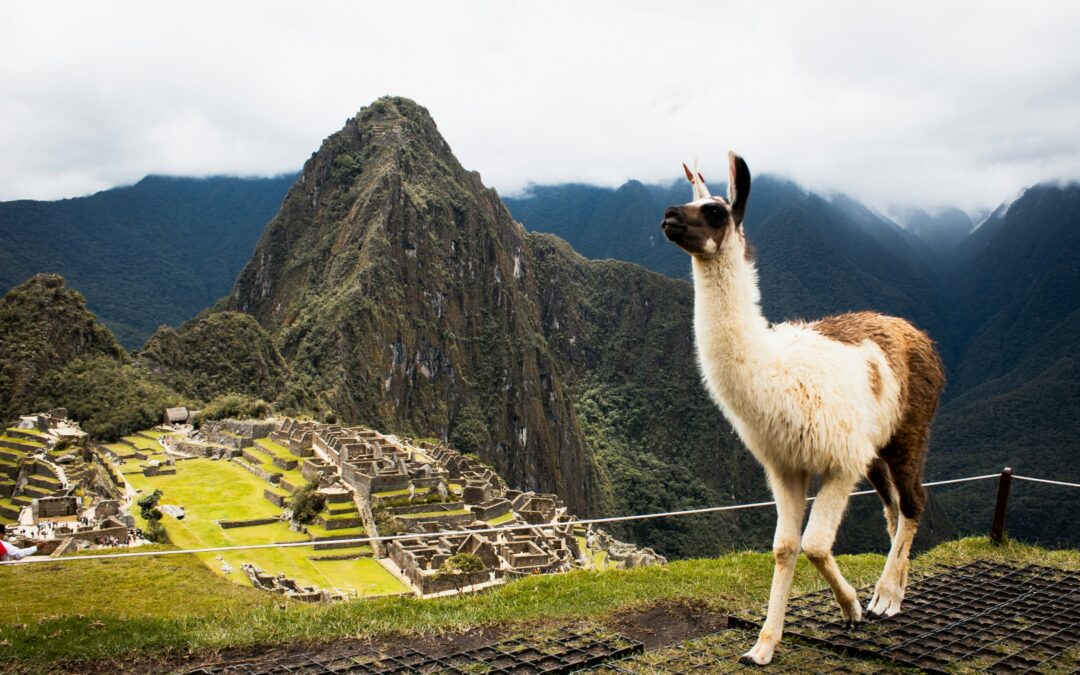I recently listened to a podcast in which the speaker talked about his hike to Machu Picchu. He spoke about the difficulty of the hike and the moments when his confidence wavered. “But ultimately,” he said, “I was so compelled and pulled onward by the opportunity to see such a wonder, that I was able to push through.”
That was not my experience.
Many years ago, I did the same hike (in three days instead of four due to a scheduling error). And at no time did a feel “compelled and pulled onward.” In fact, about halfway through the first day’s hike, I had a complete meltdown in the middle of a beautiful grove of flowering trees. Luckily, I was so far behind the rest of my group that only my guide saw and heard the half-hour, expletive-laden beating of walking sticks against trees as I accused him of leading us to our deaths.
A few hours later, we reached our camp and the sherpas gave me tea and popcorn as they prepared dinner. I don’t know what was in the tea, but I felt much better after a cup and was grateful that a steady supply was offered throughout the next two days.
WHY you start matters
It was not the “opportunity to see such a wonder” that put me on the path. It was FOMO (fear of missing out), knowing that my friends were going on an adventure and not wanting to miss out.
Opportunity or FOMO. One of those is at the start of every journey and steels your mindset for the work ahead. If you see opportunity, you’re optimistic, resilient, and maybe even a bit idealistic. If you’re afraid, you rush through things, missing important signals and only seeing how far behind you are.
Companies do the same thing with innovation. They see a new technology, trend, or framework appear, sense an opportunity to use it to kickstart growth and leapfrog competition, and they start building. Or they see a new business model or competitor gain share and rush to mimic their approach.
WHAT you choose along the way determines how you end
It wasn’t “knowing where my journey was going, and what the journey was all about” that kept me moving forward. It was the knowledge that, unless I planned to join one of the Indigenous communities we passed through, I had to keep going.
No matter how you start, you will face a choice – continue, stay, or turn back – and that choice determines how your journey ends. If you turn back to the old ways because the new ways failed, you’re giving up. If you stay where you are, you’re stuck somewhere between the safety of what you knew and the opportunity ahead. If you keep going, you’ll stay ahead of those you never started, turned back, or stopped AND you’ll achieve the opportunity that “compelled and pulled [you] onward.”
Companies face the same decision moment with innovation. There’s a market downturn, geopolitical uncertainty, or a major global event, so executives shut down anything that’s not mission-critical while they wait out the uncertainty. A new leader takes the helm and wants to put her mark on the organization, so she rejects the old strategies and approaches and institutes her own, ignoring the counsel of others in the organization. A new competitor suddenly finds itself embroiled in controversy or bankruptcy, and executives chuckle and shake their heads because they knew all along that the only way that works is the old way.
What do you choose?
Do you start because you see the opportunity to do better or because you’re afraid of losing out?
When you face the inevitable challenge, do you turn back to “how we’ve always done things,” take up residence where you are because it’s good enough, or do you bravely persevere?
Most importantly, when you face the challenge, do you take a break, talk and listen to the people around you, and have some tea and popcorn before you make your choice?
